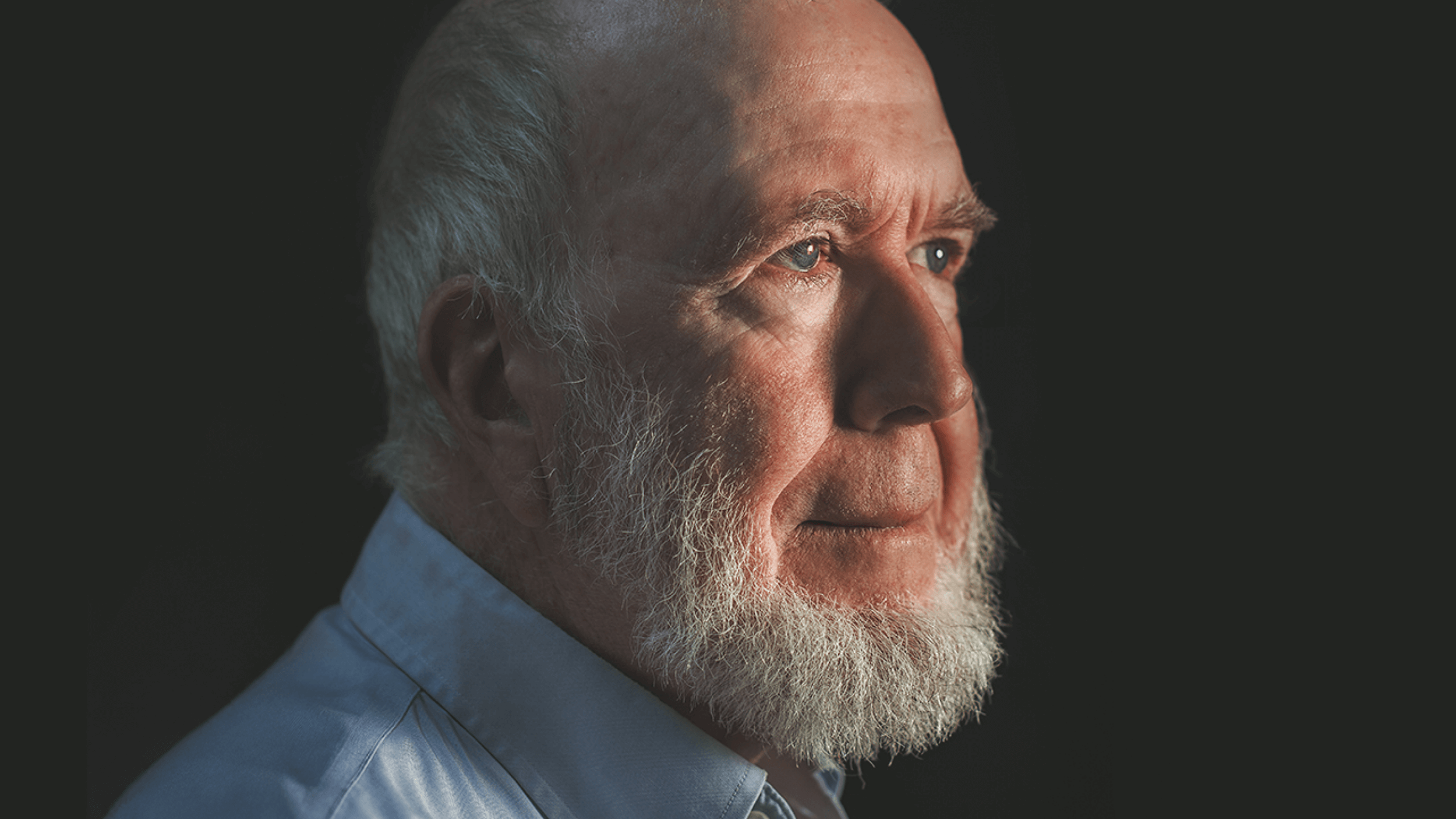KELLY PALMER: So when you think about the skills of the future and what's really most important, I would say learning agility is probably one of the most important skills that people can have. And what exactly is learning agility? Learning agility is really the ability to learn new things quickly and be aware of the trends that are coming out in whatever industry you're in, in particular. So if you're a hiring manager and you're wondering 'does this person that I'm interviewing have learning agility?' ask them: "What did you learn last week? What did you learn last month? What did you learn last year?" It will give you a sense of what kind of a learner that person is. Do they read a lot of books? Do they spend a lot of their own time learning about new trends in their industry? If so, they're going to be the most valuable employees that you can have in the future because things are changing so quickly year-by-year that it's hard to predict what skills you'll need, so people who can actually pick up skills before you even know which ones are most important are going to be the most valuable.
One of the arguments that I make in the book is that, typically, corporate learning has focused on three primary areas: managers, leaders, and high potential employees—yet that's leaving 80 percent of your workforce out of those learning programs that most companies are focused on. So what are the 80 percent of your employees supposed to be doing if the company is not focusing on you? So I think that there's this amazing trend that's happening where people are realizing we need to skill the whole workforce, not just the 20 percent that are in leader or manager positions. And so I think the trend is more towards personalized learning because everybody is at a different phase of their learning regardless of what position they're in. And so for a corporate learning organization to try to implement one-size-fits-all programs into the company doesn't typically match what each individual employee might need. So with personalized learning, you can actually assess: What are the strengths and weaknesses for any given role, and where are the skill gaps that you have, either to get better at their job that you already have or to prepare yourself for the jobs of the future?
So, I think for many years we've been stuck in a model where hiring managers think about where someone went to school and what degree they got, and those are huge qualifications for whether or not you hire somebody.
But one of the things that we often ask is, if I ask you, "Tell me about your education," you'll tell me where you went to school and where you got your degree, yet that might have been 10 or 15 years ago. And does that really tell you what you actually know and what you can do?
The workforce of the future, I think, is going to really focus more on skills and what people can actually do rather than where they went to school. Because if you liken it to asking somebody—if I asked you, "Tell me about your health," and you told me you ran a marathon 10 years ago, does that really tell me what your health is like? Not really.
So how do we talk the language of skills and how do we get people to be able to communicate what skills they have and what skills they need? And if hiring managers can start focusing more on skills rather than degrees I think that there will be a lot more effective ways to get people in the workforce based on that rather than traditional credentials.





